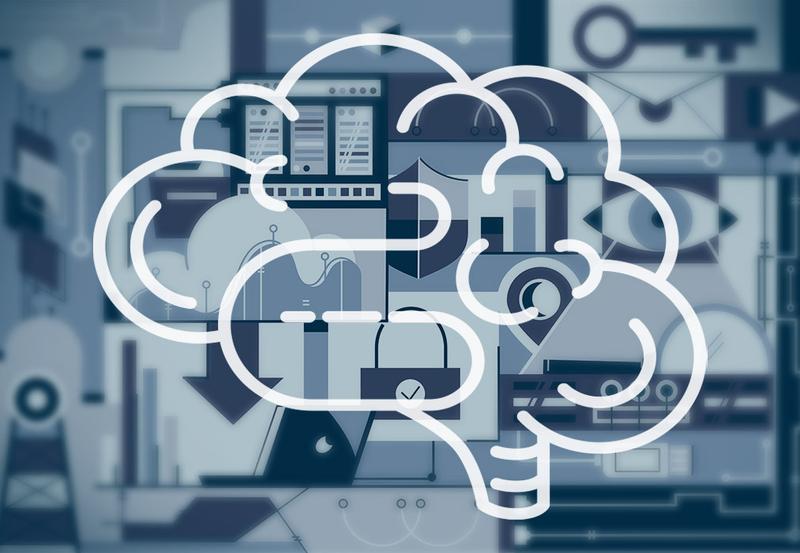Corporate events, congresses, trade fairs, sporting events or festivals, they all have one thing in common: event managers who are faced with a multitude of challenges that need to be mastered in order to make the event a complete success. Depending on the planning phase,...
x
x












